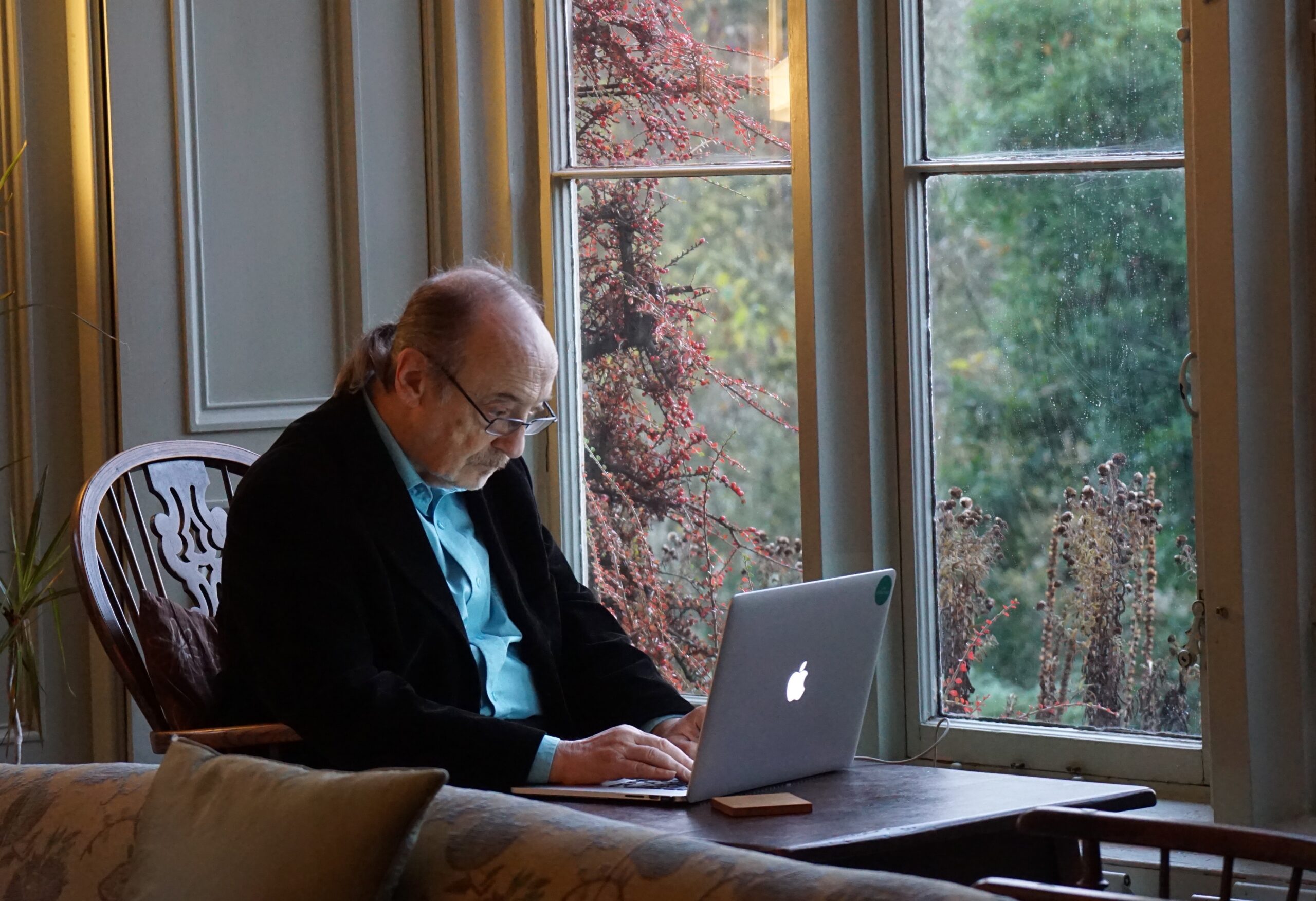
QUALITY OF LIFE
For those of us in our later years, we know what Atul Gawande means as he documents the importance of the quality of life in his book, “Mortality: Medicine and What Matters in the End” Atul talked with Juergen Bludau, a geriatrician, who told him the job of any doctor is to support quality of life, by which he meant two things: “as much freedom from the ravages of disease as possible and the retention of enough function for active engagement with the world.” If you have not yet read Gawande’s fourth book, I recommend it highly. If you aren’t dealing with the effects of aging, it’s possible you have parents who are. I would also suggest putting Blaudau’s book, “Aging, But Never Old: The Realities, Myths and Misrepresentations of the Anti-/Aging Movement” on your list of resources.,
I met another older man on the path the other day. He was walking two dogs, one of them 18 years old, the other several years younger and in better shape than the older one. He said he had thought it was time to say a merciful good-bye to the older one several times and then she rallied and although she is deaf, going blind, and has trouble walking, she seems to enjoy being outdoors with all the smells and ambling along. An example of the quality of life not quite ready to let go. That led us into a conversation about ourselves and how we plan to deal with the issues that are inevitably associated with what some call decrepitude and others refer to as life that we manage as best we can. Some of us are fortunate to be in relatively good shape – physically, mentally, emotionally and spiritually. I attribute that in part to how we take care of ourselves and attend to those matters over time. Apparently, inheritance does not play a large role in how long we will live. Only 3% is explained by parents’ longevity while 90% of how tall we are is explained by the height of our parents.
As Gawande noted, “If our genes explain less then we imagined, the classical wear and tear model may explain more than we knew. Leonid Gavrilov, a researcher at the University of Chicago, argues that human beings fail the way all complex systems fail: randomly and gradually.” Gavrilov notes that our cells have a number of DNA repair systems. If a key gene is permanently damaged there are usually extra copies of the gene nearby. And, if another cell dies, other cells fill in. The quality of life is enhanced by our genetic structures. I recall a sign hanging on the door of the room of an older man in a retirement home: “If I knew I was going to live this long, I would have taken better care of myself.”
How we have taken care of ourselves in the past and what we do now in that regard seem to have a positive effect on some of the results. For example, we know, because of so much evidence, that diet and exercise play a big role in wellness in our quality of life. We also know what not paying attention to diet and exercise can do to contribute to the negative and undesirable effects on our bodies, as well as on our minds and spirits. One question is why don’t we do what we know we should? Fear, self-doubt, laziness, procrastination, lack of motivation, lack of facilities seem to be among the culprits. You may know of other reasons.
I believe it’s important for us to educate ourselves, and our older adult kids, about resources that include assisted living, palliative hospice care, states that permit medically assisted dying with dignity, memory care options, as well as VSED, Voluntary Stopping Eating and Drinking. Here is a link that describes that option:
https://www.compassionandchoices.org/our-issues/vsed
We may be years away from having to make any of these choices. I believe it is good to know ahead of time what the options are and why someone might prefer one over the other. Suffice to say here that when the quality of life decreases significantly, rather than continue to live with the accompanying suffering and pain, knowing that there are resources and choices beyond what we might have known about previously, we may be able to enjoy a level of comfort previously unimagined . Many are reluctant to talk openly about these issues but a well-informed choice is better than a last-minute, rushed decision.
In closing, from Florida Scott-Maxwell’s “Measure of My Days”. “…as we age we are more alive than seems likely, convenient, or even bearable. Too often our problem is the fervour of life within us….who are we to carry so much life and what are we to do with it?”

Comments (2)
What a thoughtful post. Quality of life is, in the end, more important than hanging on in a painful and/or diminished state. I embrace the next adventure
Thanks, Tom. When we are looking forward to the “next adventure” there is a sense of vitality that helps to keep us moving forward. What we say is that we make plans, just in case. Best insurance you can have for the future are some exciting plans. We’re planning to take up part-time residence in Mexico. How about you?